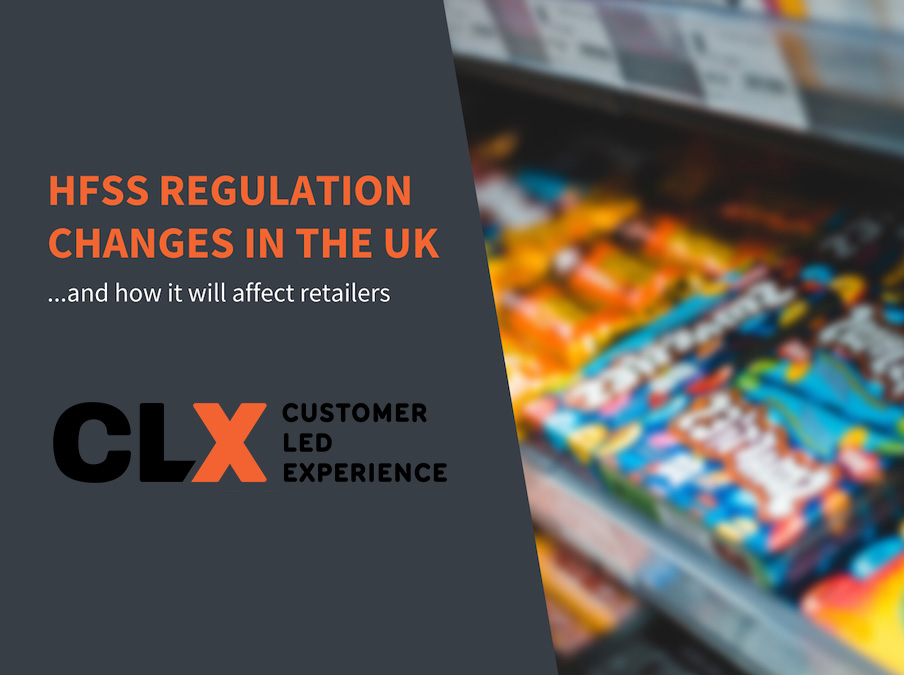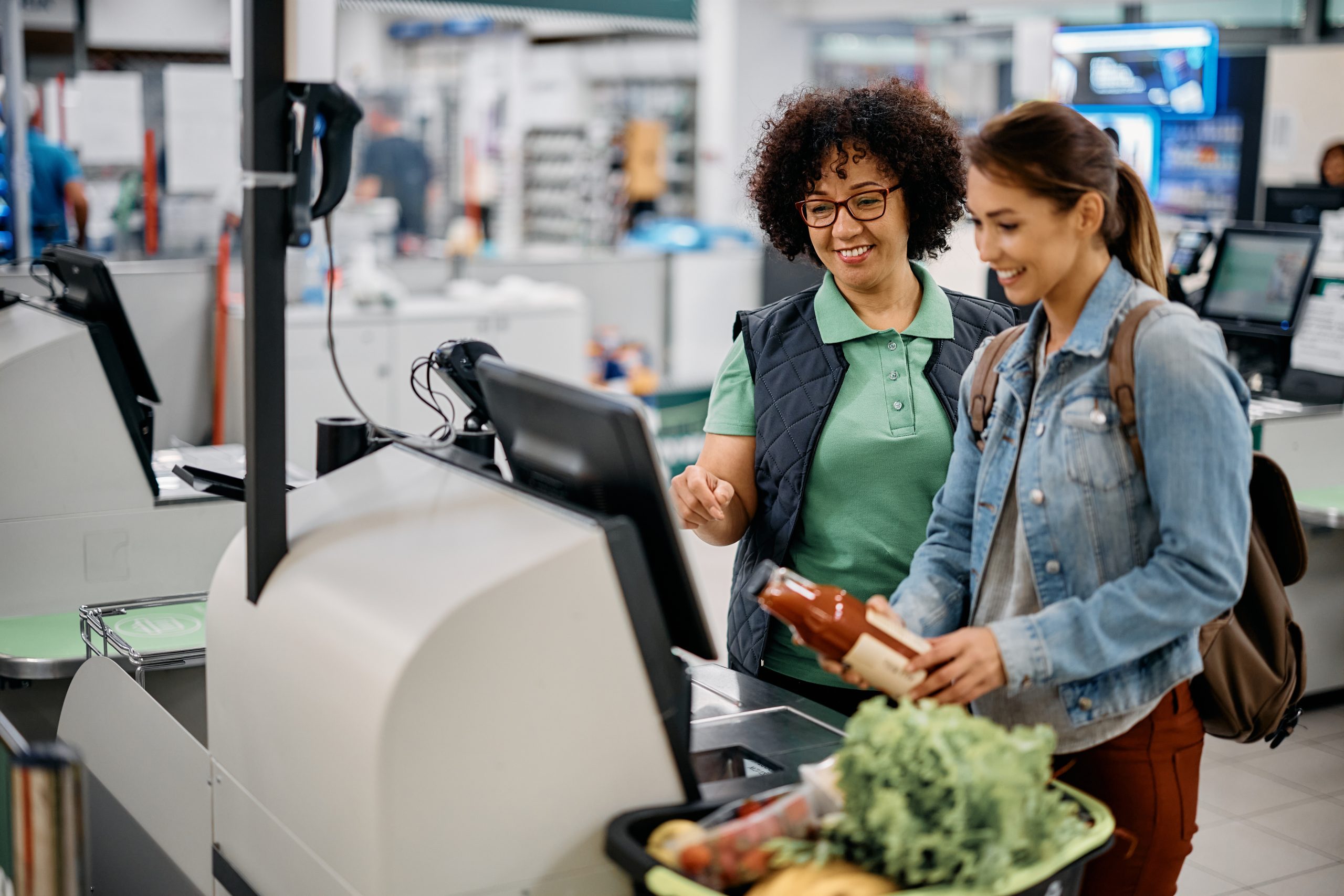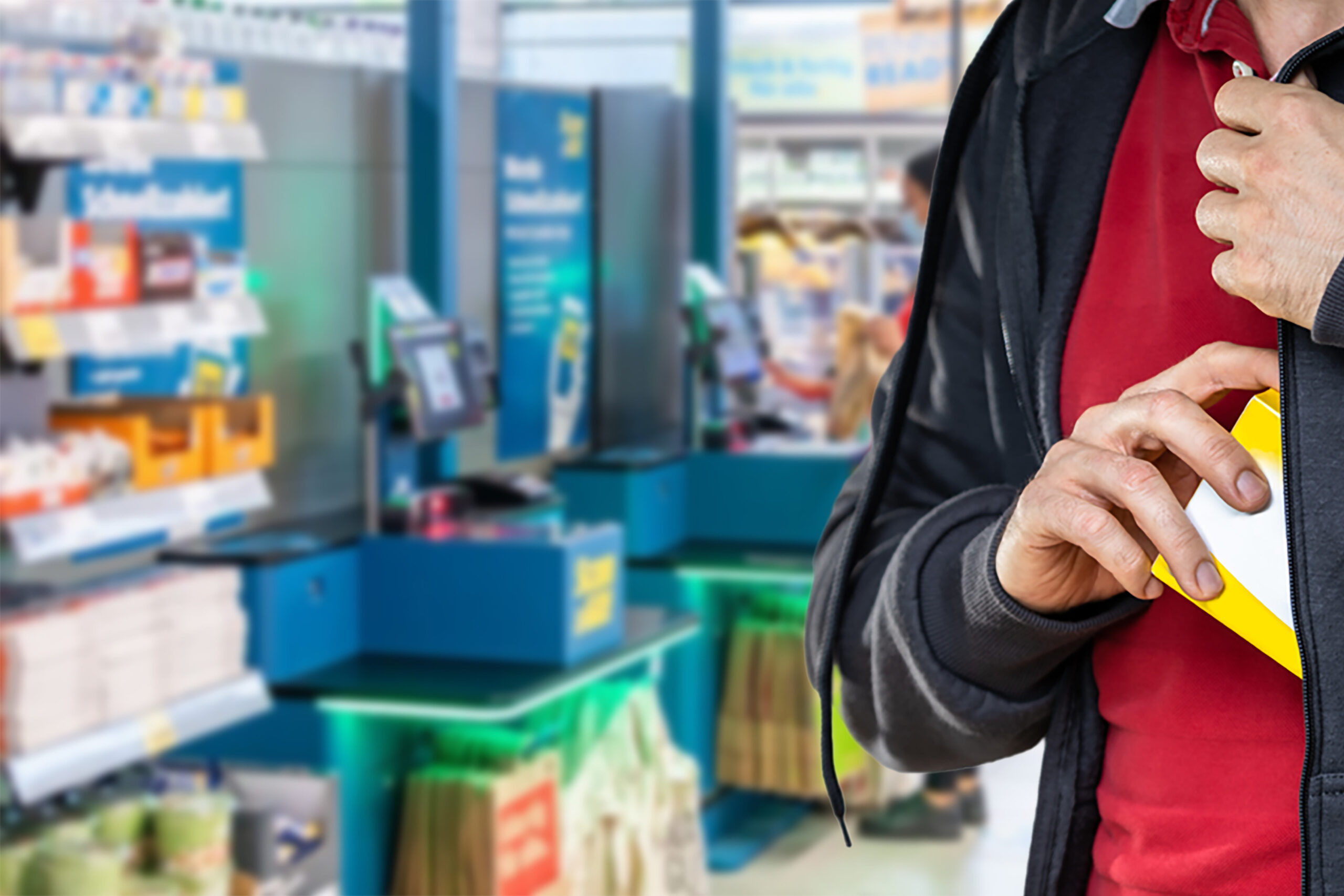The UK Government is proceeding with implementing the biggest regulatory change in a generation that is fundamentally impacting how food retailers and supermarkets are legally allowed to lay out and merchandise stores.
The focus is on regulating the profile of products that are high in fat, sugar and salt (HFSS), with the ambition of reducing overweight & obesity across the UK.
CLX is working closely with several retailers in both the UK and abroad on HFSS to get ahead of the curve. We are developing new and evolving existing front-end solutions to mitigate the impacts of this regulatory change and respond positively to changing customer behaviours.
What do the HFSS Regulation Changes mean for Retailers in England?
What is HFSS?
HFSS stands for food and drink products that are high in fat, sugar and salt as identified using nutrient profiling. Based on this profiling, foods scoring 4 or more points and drinks scoring 1 or more points are classified as HFSS.
What are the regulation changes?
At the end of 2020, the UK Government announced new legislation restricting retailers that sell food and drink products in-store or online in England from promoting products that are high in fat, sugar and salt.
What is categorised as ‘promoting’?
Placing products at store entrances, on aisle ends or at the checkouts (impulse) is categorised as promoting. The same rules apply to the online equivalent – homepages, landing pages, the shopping basket and payment pages.
In addition, retailers will no longer be allowed to offer volume price discounts or purchasing incentives on HFSS products. Examples of these promotional mechanics include ‘buy one get one free’ (BOGOF), ‘3 for 2’ offers, ‘extra free’ or free re-fills for sugar-sweetened drinks.
Why is there a need for regulatory change?
Rates of overweight and obesity in both children and adults remain high with evidence suggesting that it will continue to rise if public health population measures are not implemented (Cancer Research UK, 2016). Obesity leads to a wide range of short and long-term physical and mental health conditions. Overweight and obesity is the second leading cause of cancer in the UK. More recent evidence also shows that overweight and obese people are more likely to experience far more severe and negative consequences as a result of COVID-19 infection.
Evidence also points to the extensive role promotions play in influencing food preferences and purchasing behaviours, particularly in relation to HFSS products. Promotions, by their very nature, encourage consumers to buy more than they initially intended to. Data shows that this leads to increases in consumption rather than the stockpiling of extra purchases.
What does this mean for retailers, supermarkets, food and drink specialists?
The regulations only apply to England, but it can be expected that these will extend to all countries that make up the UK as devolved governments adopt positive regulation. The UK market often leads global trends when it comes to customer behaviours and retail innovation, so you can expect other countries and territories to be watching the impact regulatory changes has on customer behaviours short-term, and overweight and obesity rates long-term.
Brands, suppliers and retailers alike all need to adapt to the regulatory changes to ensure they can continue to operate and compete effectively within this new regulatory environment.
Retailers are concerned about the potential loss of earnings from popular, prominent promotional locations.
Are there any exclusions?
Yes! The regulation changes for location based promotions apply to all stores over 2,000 square feet, retailers with more than 50 employees or symbol group franchisees where there are more than 50 employees operating under that business name. This means all major convenience store operators must comply.
Small businesses with less than 50 employees and specialist retailers selling one category of product (eg a chocolate or sweet shop) with small stores (less than 2,000 square feet) are exempt from the ban on location promotions. However, all stores, no matter their size, will be prohibited to use promotional mechanics on HFSS products.
The new regulations also do not apply to temporary price cuts or ‘meal deal’ solutions.
How big is the potential impact of this regulatory change for retailers?
The leading data analytics and market research company, IRI, shows that the sales value impact of this regulatory change is over £3bn, which would typically come from on-the-shelf promotional activity. Categories usually rely on promotional displays to generate anywhere between 8% and 25% volume over the course of a year (Retail Times, 08-Oct-2020). This means retailers have little more than a year to completely rethink merchandising, marketing and promotional planning for products that could account for a significant portion of revenue.
What does it mean for the front-end of stores?
Checkouts and gondola ends are both seen as promotional locations. The new regulations stop retailers from merchandising any HFSS products in these areas, or within 2m of these areas, including queuing space. The regulations include any fixed or moveable display.
Don’t be caught out by the looming changes! When you consider the impact that COVID-19 has had on customer behaviours around queuing (social distancing) and how supermarkets have had to quickly adapt to this, CLX is seeing an even greater need for retailers to evolve their format principles and checkout modelling to optimise the front-end.
If you would like to learn more about how CLX can help you prepare for this change get in touch.






